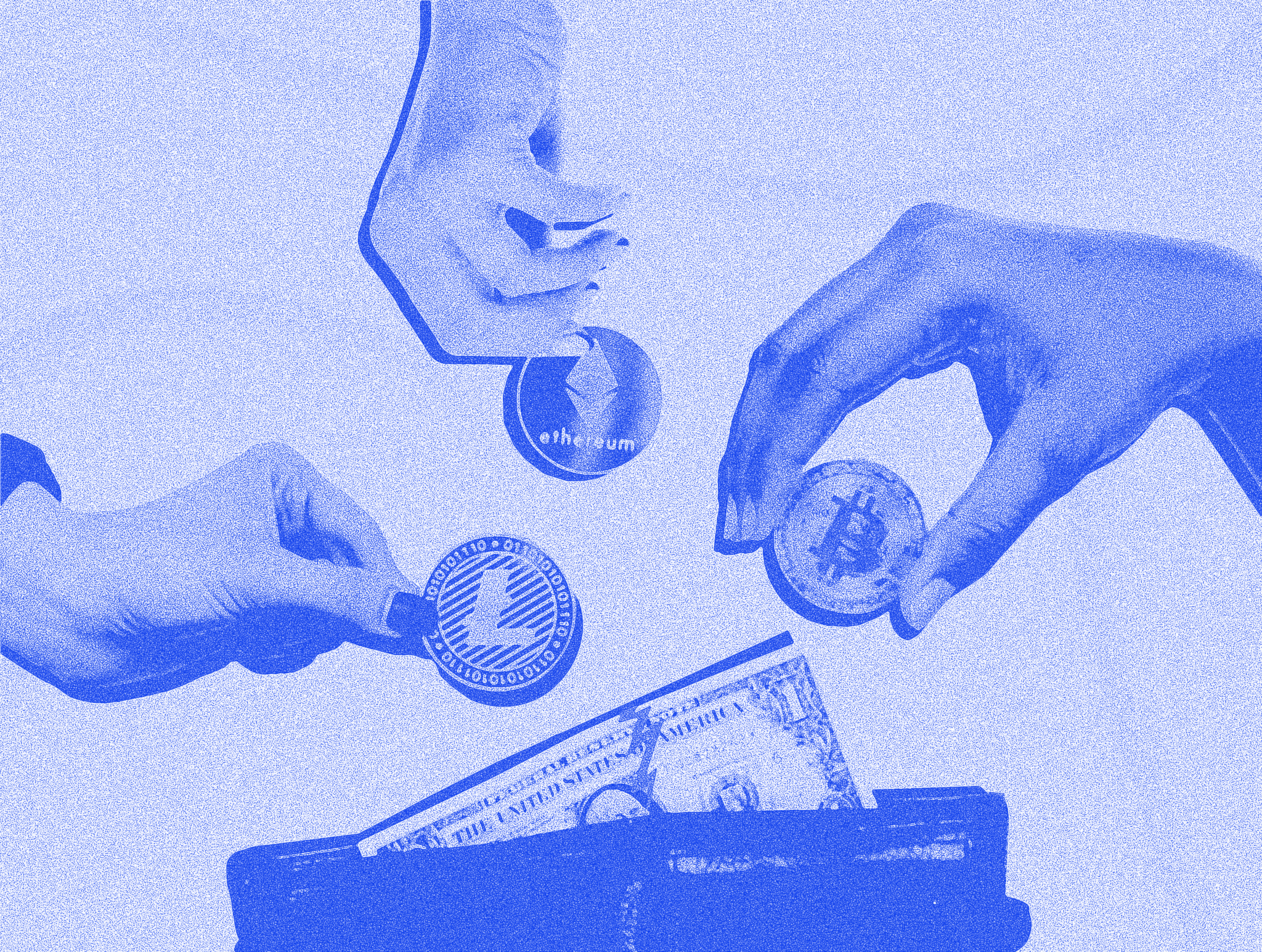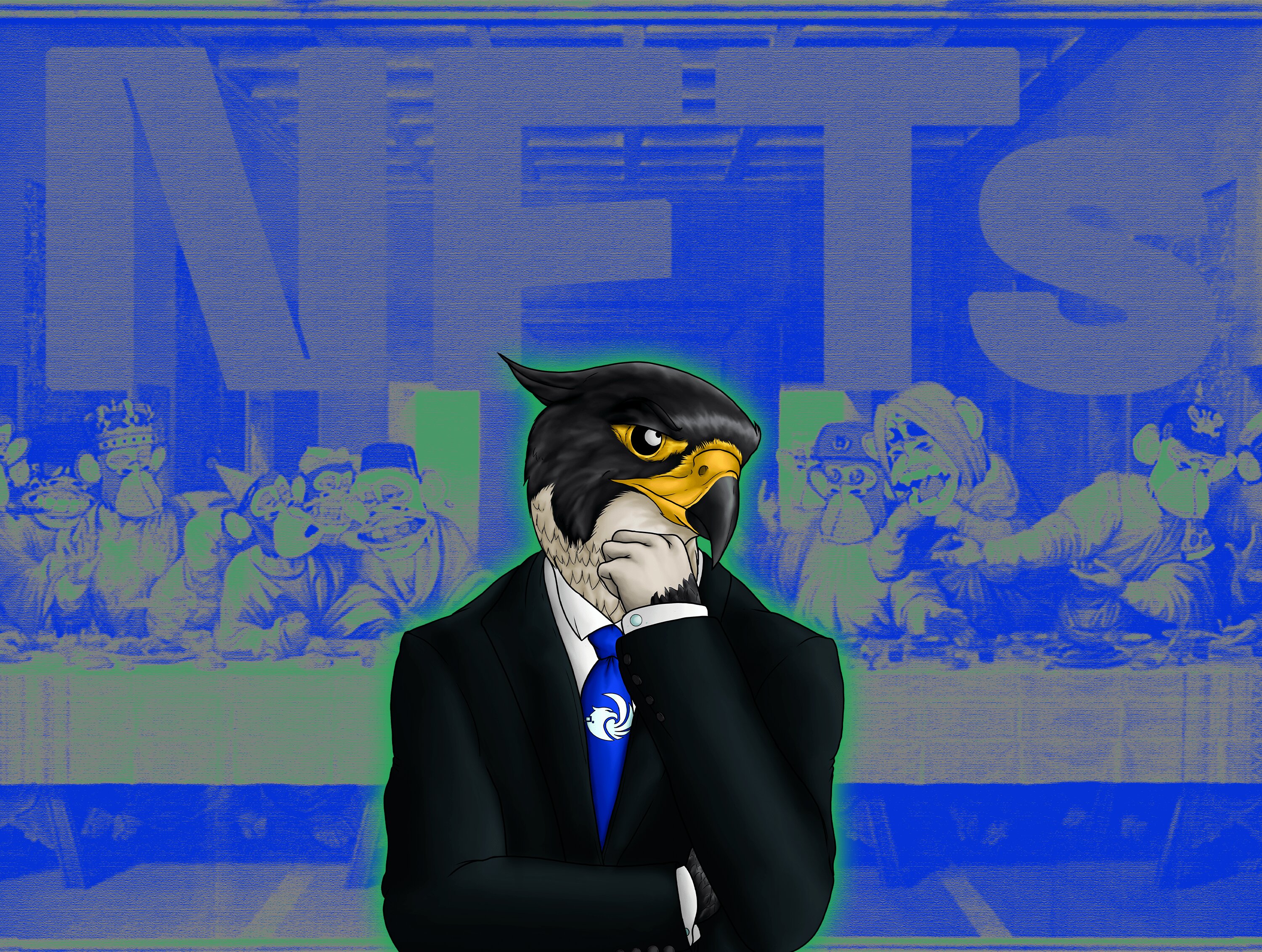Today in this video, the team Bilal, Glen, Larry, Erin, and Nathaniel discuss why they all believe that the digital asset space, …
Month: December 2022
How Crypto Is Changing the World & Its Use Cases

The digital currency world is growing exponentially and it shows no signs of stopping.
Bitcoin, being the first cryptocurrency invented in 2009, has given rise to numerous other
cryptocurrency tokens that are being used for different purposes. With such a rapid change
in the digital economy, new use cases of cryptocurrency continue to emerge. From using it
as a payment method to implementing it as a security measure, there are many ways crypto
is changing the world. Let’s look at the compelling use cases of cryptocurrency and how it is
changing the world.
Use Cases of Cryptocurrency
- Payments
As the first and most common of use cases, payments are the obvious for cryptocurrencies.
Being a decentralized payment system, cryptocurrencies can be used for online transactions
without needing a third-party service. Because of the nature of blockchain technology,
cryptocurrency payments do not come with high transaction fees. There are no processing
charges, additional fees, or foreign currency exchange rates. Because of their decentralized
nature, cryptocurrencies are generally considered safe to use, especially for international
payments. They have no intermediary banks or governing bodies; thus, they are considered
very safe from various types of fraud. Open-source and distributed ledger technologies have
also enabled cryptocurrency payments to be accessible to every part of the world. - Security
Another important aspect of cryptocurrencies is their use as a security measure. More
businesses are accepting cryptocurrencies as payment methods and using them to protect
their data and systems. Because of their decentralized nature, cryptocurrencies are safer
and harder to hack than credit cards. Cryptocurrencies are also immune to data breaches
and hacking and do not come with arbitrary chargebacks. Because of distributed ledger
technology, cryptocurrency transfers are verified and recorded. This is beneficial for
businesses because they can track the entire process of their payments. And because of the
decentralized nature of cryptocurrencies, they have no way of being shut down; thus, they
continue to operate 24/7, even if a country’s government shuts down their own financial
system. - Smart Contracts
A smart contract is a self-executing agreement between two parties that does not require a
third party or an intermediary to verify and authenticate the transaction. The idea of smart
contracts was first introduced with the Ethereum blockchain. This is the second-largest
cryptocurrency coin after Bitcoin and has many uses, from Smart Contracts to Decentralized Autonomous Organizations (DAOs). Because of blockchain technology’s decentralized nature, intelligent contracts’ execution is transparent and publicly verifiable through consensus algorithms. Such a structure makes it impossible for anyone to alter the contract terms. - Store of Value
Cryptocurrencies have been commonly associated with other assets such as stocks, gold,
and real estate. They are seen as assets that can be traded or exchanged for goods or
services in the future. This is the idea of the store of value. And the value of cryptocurrencies
will continue to rise as more people invest in them. The most common way to invest in
digital currency is by trading coins for other ones or by buying these coins on crypto
exchanges. The value of the coins goes up as more people buy them, and the sellers can
then exchange their digital money for goods or services or sell it for cash. Other forms of
investing in cryptocurrencies include buying them for long-term storage or investing in ICOs
(Initial Coin Offerings).
How is Cryptocurrency Changing the World?
- Easy to Send & Receive Money
Cryptocurrency is changing the way people think about money. Before we had fiat currency,
meaning that country’s paper and coins, and when you wanted to buy something, you had to
go to a bank and exchange your money for the goods or services you wanted. That process
was inefficient, slow, and expensive. Cryptocurrencies like Bitcoin and Ethereum have helped
solve this problem by making it possible for people worldwide to send & receive money to
each other quickly and at a low cost. - More Secure Transactions
Cryptocurrency allows for more secure transactions than traditional banking methods do.
Cryptocurrency transactions are made through computers that use encryption algorithms to
ensure that no one else can see or change the transaction details. This means that in an
emergency where there is no trust between parties involved in a transaction (such as with
fraudsters), cryptocurrency transactions become much more secure than traditional banking
methods do because they don’t require trusted third parties like banks or governments to
validate them before sending them on their way. - Provide Lower Transaction Fees
Cryptocurrencies have lower transaction fees than credit cards and bank transfers;
furthermore, they’re usually free of charge when transferred between wallets. Bitcoin
transactions are confirmed within 10 minutes, and Ethereum transactions take about 20
seconds (or less). If you want to transfer money from one wallet to another, you don’t need
an intermediary like a bank account or credit card company—you could just send them both
directly! - Financially Independent
Cryptocurrency has also helped people who did not have access to banks or credit cards
become more financially independent. People can do business without having to worry
about their finances and payments. This can help them start their own businesses or even
move out of poverty if they want to.
Final Words
Cryptocurrency is a digital asset created as an alternative to fiat money. It is decentralized
and operates on a peer-to-peer basis between users through blockchain technology. Many
different cryptocurrencies are available, but the most common are Bitcoin, Ethereum, Ripple,
and Litecoin. With such a rapid change in the digital economy, new use cases of
cryptocurrency continue to emerge all the time. From using it as a payment method to
implementing it as a security measure, there are many ways crypto is changing the world. Its
definitely the future of finances and you’re seeing it at its infancy.
Cryptocurrencies are NOT AS RISKY as you think 🧠🤔 | Stewards Global
The cryptocurrency and digital asset space are taking an absolute beating with the recent news of fraud and bankruptcy of one of …
How NFTs Are Changing the World & Its Use Cases

Non-fungible tokens (or NFTs) are a new type of digital asset designed for use in games,
collectible card systems, and other applications where token ownership needs to be verified
but cannot be duplicated. While many first learned about non-fungible tokens from
CryptoKitties, the technology has much broader potential. This article explores how NFTs are
changing the world and their use cases.
What is a Non-Fungible Token?
It’s a digital asset showing ownership. The term “non-fungible” is used because NFTs are
unique and can’t be exchanged for other tokens with the same token ID. For example, one
Apple share is equivalent to any additional Apple share. In contrast, one rare Pikachu
Pokémon card is not equal to another rare Pikachu Pokémon card. NFTs are used in place of
virtual goods like coins, gold, and points.
Use Cases of NFTs
Now let’s review a few current use cases for non-fungible tokens.
- Gaming & NFTs
The gaming industry is one of the biggest potential use cases for non-fungible tokens. The
gaming industry is valued at over $100 billion and is expected to grow further. Gamers can
purchase non-fungible tokens through Arcade, a decentralized marketplace where
developers can publish and maintain their games. Arcade users can then use the non-
fungible tokens to advance in the game. NFTs can be used in a variety of other gaming
applications. For example, they can be used as team-based tokens, allowing gamers to buy
their favorite team’s token and use it to show their loyalty. NFTs can also be used as a
replacement for virtual goods, like coins and points. If you’re playing a game and need more
tokens, you can’t duplicate them. Instead, you can use an NFT marketplace to buy necessary
tokens. - Real Estate & NFTs
The real estate industry is a prominent place to see the benefits of non-fungible tokens. For
example, you could use them to track real estate property ownership. This is helpful for both
real estate agents and owners themselves. If you’re a real estate agent, you can use NFTs to
track which properties you’ve sold. This is helpful because many properties are bought and
sold multiple times. If you sell a house, the new owner may sell it again. Using NFTs to track
that information is helpful as an agent because you can see exactly when a property was
sold and to whom. This is also helpful to property owners because they can see who owns
their property and when they can expect to receive their payments. - Digital Art & NFTs
Art is another industry that can be greatly improved with non-fungible tokens. Online art
galleries can use NFTs to track ownership of individual artworks. This is helpful because it
ensures that one user can’t sell the same artwork to two different people at once. Hackers
and thieves often try to sell the same item to multiple people. This frequently happens with
online auctions. By using non-fungible tokens, online galleries can ensure that only one
person owns each unique artwork. NFTs can also help artists keep track of their artwork. If
you create digital art and keep a record of the individual NFTs, you can easily track which
artwork belongs to whom. Some artists have already started to use non-fungible tokens.
How Are NFTs Changing the World?
- Provide Ownership
There was no such thing as digital owners before NFTs. If an artist posted a photograph
online, anybody could simply right-click, save the image, and “claim” ownership. Consumers
may now verify they possess a digital asset owing to the blockchain technology that NFTs
are based on. This ownership confirmation opens up a whole new market for creators and
enterprises. - Easy to Trade Art Online
NFTs will change the world of art. First, it’ll allow for the trade of art and collectibles online.
That doesn’t mean it will change how art is created, but it will enable us to send and receive
art in a new way. It’ll also allow for more accessibility to high-end art, and it will allow artists
to make a living off their work. NFTs are expected to change how art is valued and
purchased, digital or physical. - Advertising & Marketing
NFTs are expected to change advertising and marketing in a multitude of ways. For starters,
NFTs will allow for more targeted advertising. This is because companies can create
specific tokens related to their product. With these tokens, marketing and advertising teams
can create a token specific to the product, which means the token will be used for a
particular product. This will allow for better and more customized marketing, which is
desperately needed in today’s world. - Provide Evidence of Ownership
Ownership proof and transparency go hand in hand together. NFTs will enable people to
prove ownership of any asset they own. Proof of ownership has grown into a highly simple
and seamless means of verification, with everything being stored in your wallet address and
recorded indefinitely on the blockchain. This simplicity of proof can apply to anything as
simple as a concert ticket or as complex as a contract for the purchase of an entire
business.
Final Words
In conclusion, NFTs have been a game changer for the world and will continue to change it.
The world is moving towards a digital economy; with it, NFTs will completely change the
world as well.